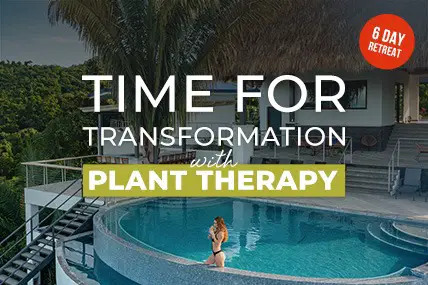As of this Saturday, August 7th, Law No. 9703 and its regulations that prohibit the importation, marketing and delivery of expanded polystyrene containers or containers in Costa Rica, better known as “styrofoam”, will take effect in all commercial establishment.
Esterofón is a material commonly used in food industry packaging due to its lightness, hygiene and low cost. It is resistant to heat and humidity, does not absorb water and does not rot, therefore it cannot be degraded in the environment.
Few alternatives
“In Costa Rica there are very few alternatives for the management of expanded polystyrene, which is why most of this type of waste ends up in sanitary landfills, or in the worst case, in the environment. It is a material that cannot be reused. That is why the prohibition on the importation and commercialization of the stereo is so important, which will lead to a decrease in the contamination caused by this type of waste”, indicated Eugenio Androvetto, director of the Directorate of Radiological Protection and Environmental Health.
A step in the right direction
“The entry into force of Law No. 9703 is a step in the right direction to restore the health of our rivers and seas. This is in addition to the efforts made by MINAE and the Ministry of Health to reduce and manage waste from land and marine sources, including the application of the guidelines for the prohibition of single-use plastic in State Institutions and National Parks. , as well as the National Plan on Marine Residues in process of elaboration. The country’s commitment is maintained and updated through coordinated work in the implementation of this new regulation,” said the Deputy Minister of Water and Seas, Haydée Rodríguez Romero.
With the publication of the Law, 24 months ago, the transition of industries, businesses and the general population began to change this material for more environmentally friendly options. Similarly, the Ministry of Health is working on a national plan to encourage the gradual replacement of expanded polystyrene containers, containers or packaging with others made of different materials.
Exceptions
Law No. 9703 and its regulations (Executive Decree No. 42833-S) raise a series of exceptions to the prohibition of the use of styrofoam:
a) Cases in which, for reasons of conservation or protection of the products, the use of alternative materials is not environmentally viable.
b) The packaging of household appliances and the like.
c) Industrial uses.
d) Uses in personal protective equipment, motorcycle and bicycle helmets.
e) Uses in flotation equipment for aquatic rescue
f) Uses as thermal or acoustic insulator.
g) Secondary packaging or packaging for vaccines and medicines.
h) Secondary packaging or packaging for food for special regimens of infant formula, and supplements to the diet.
i) Secondary packaging or packaging for which the manufacturer / importer has a collection system and extended responsibility of the producer / importer in accordance with Decree 38272-S, of January 7, 2014 “Regulation for the Declaration of Residues of Special Handling, “and for those who have a current contract for treatment, recovery, recycling or destruction through a waste manager authorized by the Ministry of Health, or for energy use.
j) Uses as products or finishes in construction projects, in which the material is immobilized during the useful life of the building; and is required for its functionality.
Producers or importers who wish to take advantage of the exception “Cases in which, for reasons of conservation or protection of the products, the use of alternative materials is not environmentally viable”, must submit the Request for Exoneration of the Prohibition of the Use of Expanded Polystyrene by means of the form in Annex I of the Decree, duly signed by the natural person or the legal representative, and sent to the email: [email protected].
Criteria for the decision on whether or not to proceed with the exoneration process:
1. Indicate if the product to be preserved or protected is of sanitary interest: food, cosmetics, biomedical equipment and material, medicines, pesticides for domestic and professional use, natural products with medicinal qualities, hygienic products, dangerous chemical products, or inks used for tattoo.
2. Material of the primary packaging of the product and secondary packaging.
3. Risks to the user, third parties or the environment if expanded polystyrene is not currently used.
If the application is approved, said approval will be valid for 2 years and will be issued only once. This document must be attached by the applicant to customs procedures before the Ministry of Finance during the validity period of the exemption.
For detailed information on the procedure, the user can visit the website of the Ministry of Health:
https://www.ministeriodesalud.go.cr/index.php/tramites-ms/autorizaciones-y-certificados/679-tramites/autorizaciones-y-certificaciones/2136-exoneracion-de-la-prohibicion-del-uso- expanded-polystyrene
Anyone who, as of this Saturday, August 7th, observes businesses delivering styrofoam utensils, can make a complaint to the email [email protected]

